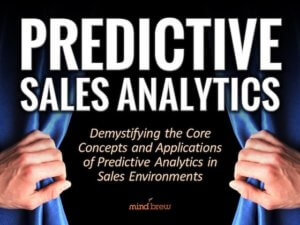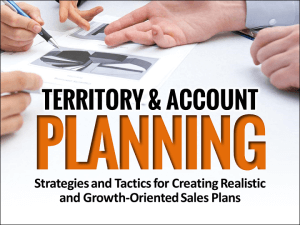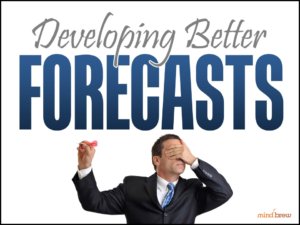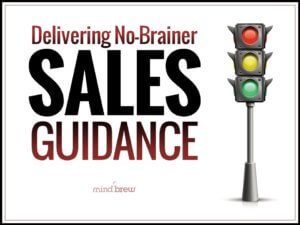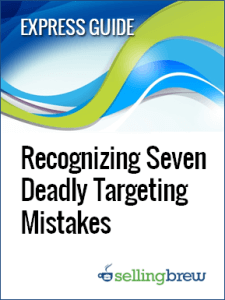Did you (or your kids) ever have to do one of those school projects where you have to solve an engineering challenge using household items? One popular variant challenges students to use paper or drinking straws to create a container that will prevent an egg from cracking when dropped from a significant height. Another asks them to design a bridge out of spaghetti, toothpicks, or popsicle sticks. Sometimes there are even prices for the bridge that holds the most weight or the egg container that can withstand the tallest drop.
The results of these projects can be pretty entertaining. Some are beautiful, but don’t accomplish the intended goal. Others look thrown together but somehow manage to score near the top of the class. Many are over-engineered with features that don’t really do what their designers thought they would do.
Almost all of them seem to be based primarily on educated guesses of what will or won’t work.
When you think about it, our ancient ancestors probably went through a similar process when they were creating the first buildings. It probably took a good bit of trial and error before they came up with the first tent designs that effectively kept out the weather. And coming up with a building that could withstand the test of time was probably the work of multiple generations. Also, like the classroom projects, many of the early attempts were probably ineffective and/or over-engineered.
Today, however, we no longer need to rely on guesswork. We have math — and fancy tools that make the math easy.
If your city is building a bridge, civil engineers will use math to determine the load it needs to bear and precisely how deep the supports need to go and how wide and thick your steel and concrete need to be. Before they dig a single hole, they will probably use computer simulations to test the design under various weather and traffic conditions.
Sales ops has gone through a similar progression.
The early days of sales ops had a lot in common with young physics students building spaghetti bridges and cavemen trying to construct a teepee. Accomplishing their goals required a lot of trial and error, and even when they successfully solved some problems, those first sales ops pioneers weren’t really sure if they had landed on an optimal solution.
Today, today, however, we have math — and fancy tools to help in sales ops.
We don’t have to guess on the forecast for next quarter, which accounts the teams should focus on, how to divide up sales territories, or how to retain key customers. All those questions (and many more) can be answered very precisely with mathematical formulas that we now understand quite well.
Several SellingBrew webinars delve into these questions that can be answered with the right data and math:
- Predictive Sales Analytics introduces the core concepts of predictive analysis, discusses the role of technology, and looks at some common myths and misconceptions.
- Leading Edge Account and Territory Planning divulges how leading B2B sales ops teams approach account planning with a focus on data analysis.
- Developing Better Forecasts highlights strategies and tactics for creating accurate forecasts.
- Delivering No-Brainer Sales Guidance explains how to use technology to deliver precise, actionable information to your sales team.
Building anything out of spaghetti or popsicle sticks is probably always going require equal amounts of luck and knowledge. But your sales ops strategy doesn’t need to be held together with hunches and prayers — you have math to help.

